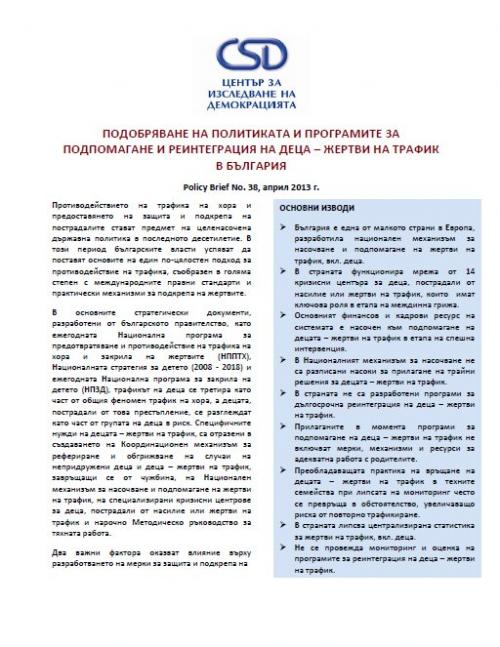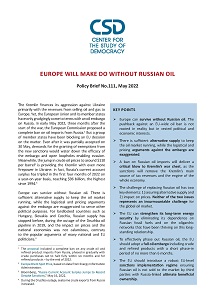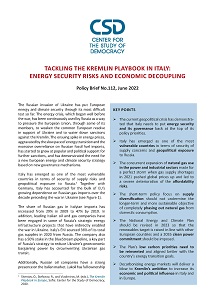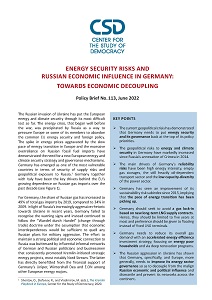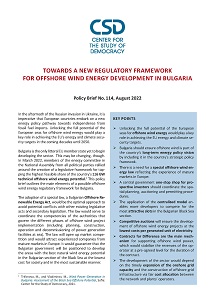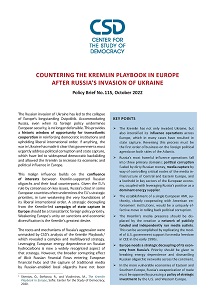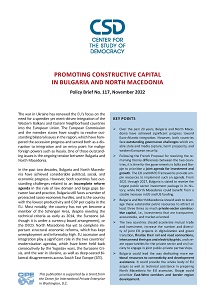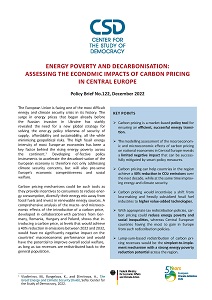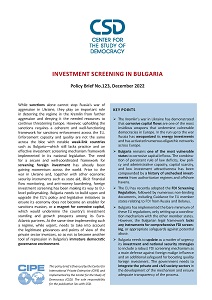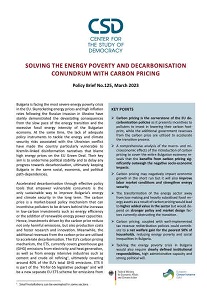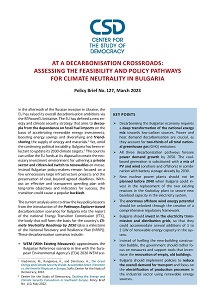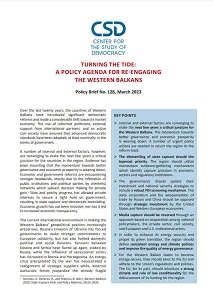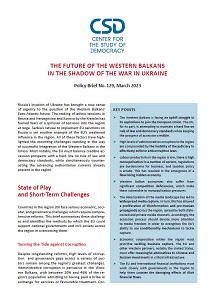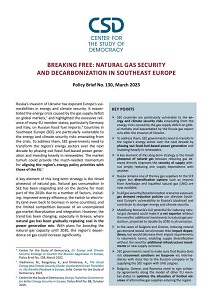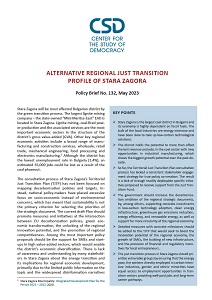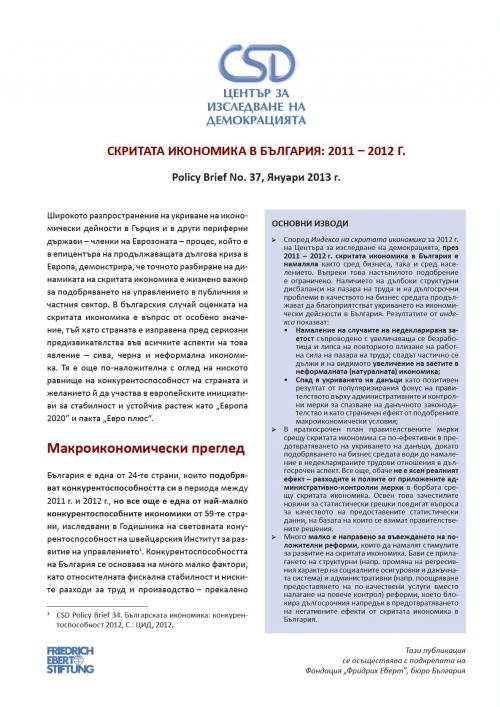
CSD Policy Brief № 37: The Hidden Economy in Bulgaria: 2011 – 2012
Политически брифинг № 37 на CSD: Скритата икономика в България: 2011 – 2012 г.
The deep penetration of hidden economic activities in Greece and other peripheral Eurozone members – a development which is at the epicenter of the continuing Eurozone debt crisis, has demonstrated that accurate understanding of the dynamics of the hidden economy is essential for improving public and private sector management. In the case of Bulgaria, an assessment of the hidden economy is an issue of particular importance as the country is facing serious challenges in all of its aspects – gray, black and informal economy. It is even more pressing in the light of the country’s current low level of competitiveness and its aspirations for participation in the European stability and sustainable growth initiatives such as Europe 2020 and the Euro-Plus Pact. The hidden economy in Bulgaria has decreased in 2011 – 2012 among both businesses and the population. Yet, the registered gains are modest. Deep structural labor market problems and long-term business environment issues continue to constitute favorable conditions for the development of hidden economic activities in Bulgaria.
More...
